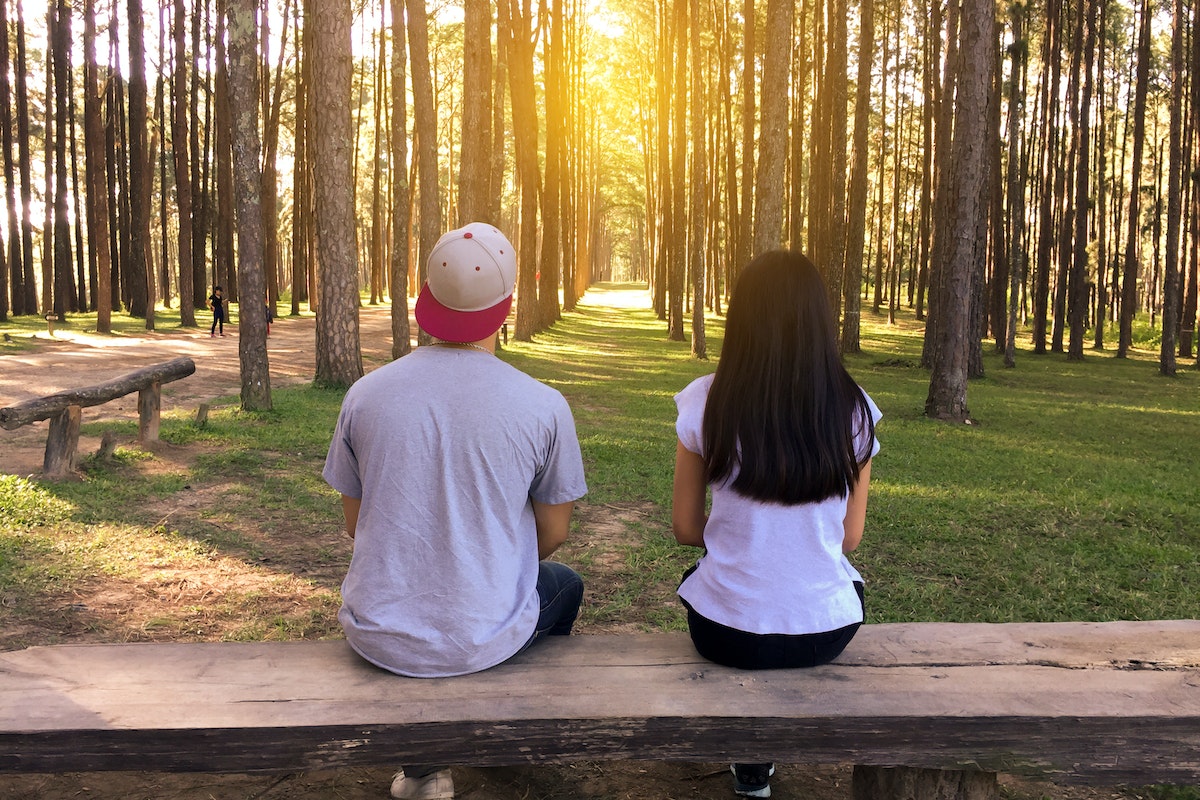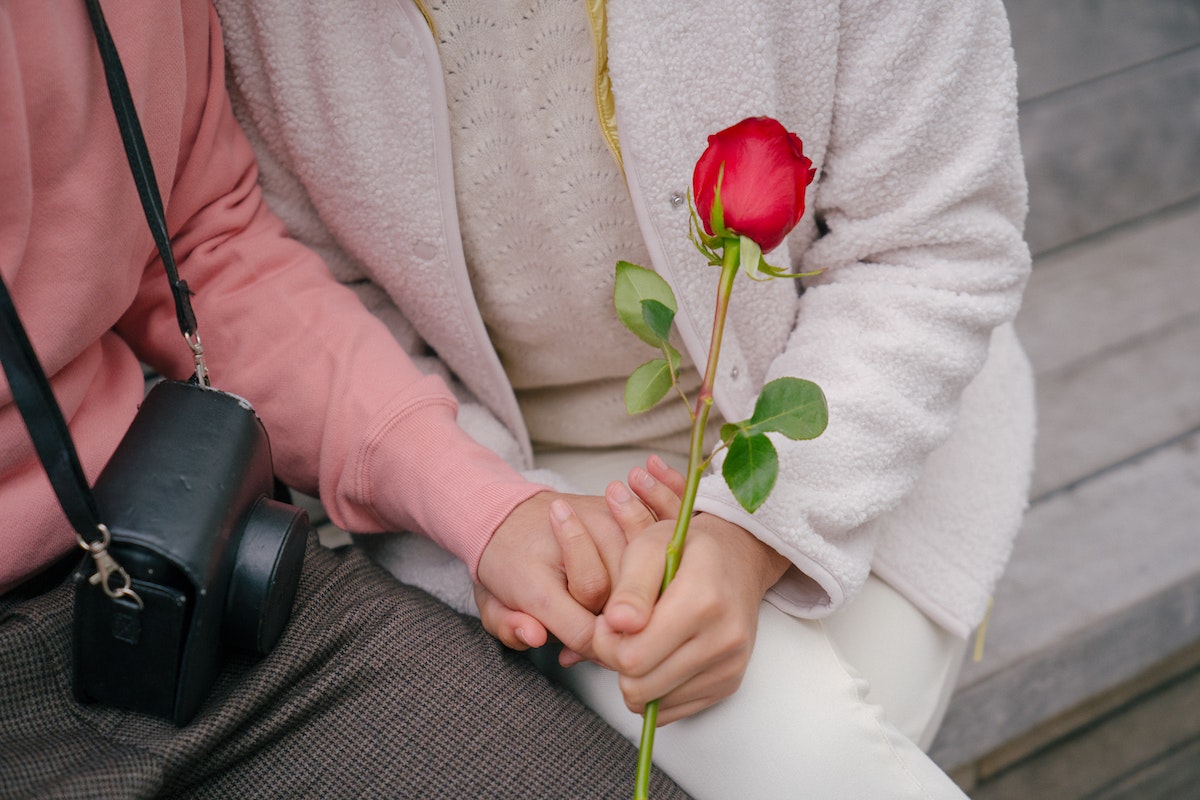Relationships hold immense significance, but they don’t always come easily. In fact, according to a 2020 study by Pew Research Center, nearly half of Americans believe that dating today is more challenging than it was a decade ago. With shifting societal norms and diverse perspectives, finding a compatible match can be daunting. That’s where dating advice plays a crucial role, particularly when navigating the crucial stage between the first and second dates.
Second dates hold substantial importance as they signify a potential connection and further exploration of compatibility. So, learn more about the intricacies of this dating dilemma: how long between the first and second date should one wait to strike the right balance and foster a promising connection?

Know The Difference: First and Second Date
First and second dates mark distinct stages in getting to know someone romantically. Understanding the differences between these two stages is crucial for navigating the dating landscape effectively. Here is a brief overview of the purpose and expectations associated with each.
First Date
The first date is an initial meeting between two individuals interested in exploring a potential romantic connection. It is an opportunity to make a positive impression and establish a foundation for further interactions. The primary purpose of a first date is to get acquainted, share basic information, and assess initial compatibility. It typically involves casual conversations, light-hearted activities, and a focus on establishing rapport.
Some expectations associated with the first date include the following:
- Creating a favorable impression: Both individuals strive to present their best selves, showcasing their personalities, interests, and values.
- Exploring compatibility: Assessing whether there is a mutual spark, shared interests, and potential for further connection.
- Establishing rapport: Building a foundation of trust, comfort, and open communication.
- Surface-level exploration: Discussing general topics, hobbies, and experiences rather than diving into deeper emotional or personal discussions.
Second Date
The second date signifies a positive outcome from the initial meeting. It serves as a stepping stone toward a deeper connection. It typically occurs when both individuals express interest in exploring the relationship further. The second date is an opportunity to deepen the bond, delve into more meaningful conversations, and better understand each other. Below are the expectations associated with the second date:
- Continuation of connection: Building upon the rapport established during the first date and further exploring compatibility.
- More in-depth conversations: Moving beyond surface-level discussions and delving into personal experiences, values, aspirations, and emotional compatibility.
- Shared activities: Engaging in shared experiences, such as trying new activities or visiting places of interest, to foster a sense of shared adventure and connection.
- Assessing long-term potential: Evaluating whether there is a solid foundation for a potential long-term relationship, including compatibility in values, goals, and communication.
What To Expect During First and Second Dating
During first dates, individuals can expect a mix of excitement and nervousness as they embark on the journey of getting to know each other. Common experiences include initial introductions, light-hearted conversations, and an eagerness to make a positive impression. Both parties tend to focus on sharing basic information about themselves, such as their interests, hobbies, and career. The atmosphere is often filled with anticipation as each person gauges the other’s compatibility and potential for a deeper connection. It’s a time of exploration and discovery, where both individuals strive to establish rapport and find common ground.
As the dating journey progresses to the second date, there is often a noticeable shift in dynamics and expectations. With a foundation of familiarity laid during the first date, the atmosphere becomes more relaxed and comfortable. There is a mutual interest and a shared desire to further explore the budding connection. Second dates involve more meaningful conversations, delving into personal experiences, values, and aspirations. Individuals may share deeper aspects of their lives, allowing for a more genuine and authentic connection.
During the second date, a stronger focus is often on shared experiences and activities. This
dynamic shift allows both individuals to gauge how well they complement and enjoy each other’s company in various settings. The pressure to make a stellar first impression somewhat alleviates, allowing for a more natural and honest interaction.
Moreover, expectations evolve during the second date. While the first date is primarily about assessing initial compatibility, the second date opens the door to assessing the potential for a more substantial and lasting relationship. Individuals may start considering long-term goals, core values, and communication styles to determine if they align with each other’s vision for the future. The emphasis shifts from merely enjoying each other’s company to genuinely exploring the potential for emotional and intellectual compatibility.
How Long Should You Wait for a Second Date?
Determining how long to wait for a second date depends on various factors and is ultimately a personal decision. While there are no fixed rules or timelines, considering certain aspects can help make an informed choice.
- Personal preference: Each individual has their dating style and comfort level. Some prefer a quick follow-up to maintain momentum, while others prefer a more relaxed pace. Assess your preferences and listen to your instincts. Trust your gut on whether you are ready for the next step or would benefit from more time to reflect.
- Connection and chemistry: The strength of the connection established during the first date plays a crucial role. If there was a genuine spark and both parties felt a strong connection, it may be a good idea to plan a second date sooner rather than later. On the other hand, if the initial connection was lukewarm or uncertain, taking some time to evaluate your feelings and the potential for deeper compatibility can be beneficial.
- Communication: Open and clear communication is essential. If you both expressed interest in seeing each other again at the end of the first date, discussing the timing of the second date can help align expectations. Suppose the conversation flowed naturally and there was a mutual desire to meet again. In that case, it might indicate that the time is right to plan the next outing.
- External commitments and schedules: Consider any external factors influencing your availability or the other person’s schedule. Suppose both of you have busy lives or conflicting commitments. In that case, it might be necessary to allow for some flexibility and understanding when scheduling the second date. Consider any prior commitments or obligations to find a balance that works for both parties.
- Reflection and anticipation: Taking time for self-reflection after the first date can be valuable. Assess your feelings, evaluate the compatibility factors that are important to you, and gauge your level of excitement about the potential for a deeper connection. This introspection can guide your decision on when to proceed with a second date.
Remember, there is no universal timeline for when to schedule a second date. It’s important to prioritize your comfort while considering the other person’s feelings and availability. By considering personal preferences, connection, communication, and external factors, you can decide how long to wait for a second date that feels right for both parties.

Useful Tips To Follow While Dating
Navigating the dating process can be exciting yet challenging. Here are some healthy dating tips to consider while dating:
- Effective Communication: Communication is key to building a healthy and fulfilling relationship. Be open, honest, and transparent in expressing your thoughts, feelings, and expectations. Active listening and genuine interest in your date’s perspectives can foster a deeper connection.
- Set Boundaries: Establishing boundaries is essential for maintaining your emotional well-being and respecting your needs. Clearly communicate your physical intimacy, personal space, and emotional availability boundaries. Respect your date’s boundaries, ensuring a mutually comfortable and respectful dynamic.
- Be True to Yourself: Authenticity is attractive. Stay true to your values, interests, and passions. Don’t try to be someone you’re not or mold yourself to fit someone else’s expectations. Embrace your uniqueness, as it will attract those who appreciate you for who you genuinely are.
- Take It Slow: Building a solid foundation takes time. Allow the relationship to progress naturally without rushing into commitment or intense emotional involvement. Enjoy getting to know your date at a comfortable pace and savor the excitement of discovery.
- Trust Your Instincts: Trust your intuition and gut feelings about the relationship. Pay attention to these signals if something doesn’t feel right or raises concerns. Your instincts can guide you in making informed decisions about the relationship’s future.
These healthy dating tips provide a roadmap for navigating the intricacies of the dating process. Effective communication, setting boundaries, and staying true to oneself are crucial. Remember to trust your instincts and follow your own timeline for second dates. Embrace the dating journey with authenticity and confidence, knowing that the right connection will unfold in its own time.

